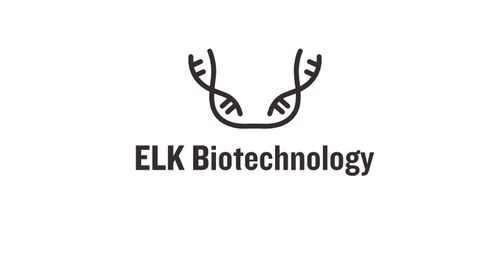Product Description
Claudin-4 (P192) polyclonal Antibody | BS1068 | Bioworld
Host: Rabbit
Reactivity: Human,Mouse,Rat
Application: WB IHC IF IP
Application Range: WB: 1:500~1:1000 IHC/IF: 1:50~1:200 IP: 1:50~1:200
Background: The Claudin superfamily consists of many structurally related proteins in humans. These proteins are important structural and functional components of tight junctions in paracellular transport. Claudins are located in both epithelial and endothelial cells in all tight junction-bearing tissues. Three classes of proteins are known to localize to tight junctions, including the Claudins, Occludin and junction adhesion molecule (JAM) . Claudins, which consist of four transmembrane domains and two extracellular loops, make up tight junction strands. Claudin expression is highly restricted to specfic regions of different tissues and variations of Claudin expression may have an important role in transcellular transport through tight junctions. In rat liver, claudin-3 is uniformly expressed, whereas in the pancreas, claudin-3 is expressed in junctions of the duct epithelia and junctions of acinar cells. Claudin-3 binds the peptide toxin Clostridium perfringens enterotoxin (CPE) at the cell surface via the second extracellular loop of claudin-3. The gene encoding human claudin-3 maps to chromosome 7q11.23.
Storage & Stability: Store at 4°C short term. Aliquot and store at -20°C long term. Avoid freeze-thaw cycles.
Specificity: Claudin 4 (P192) polyclonal Antibody detects endogenous levels of Claudin 4 protein.
Molecular Weight: ~ 22 kDa
Note: For research use only, not for use in diagnostic procedure.
Alternative Names: Claudin 4; Clostridium perfringens enterotoxin receptor; CPE-R; CPE-receptor; Williams-Beuren syndrome chromosomal region 8 protein; CLDN4; CPER; CPETR1; WBSCR8
Immunogen: Synthetic peptide, corresponding to amino acids 171-220 of Human Claudin-4.
Conjugate: Unconjugated
Modification: Unmodification
Purification & Purity: The Antibody was affinity-purified from rabbit antiserum by affinity-chromatography using epitope-specific immunogen and the purity is > 95% (by SDS-PAGE) .
Pathway:
 Euro
Euro
 USD
USD
 British Pound
British Pound
 NULL
NULL








